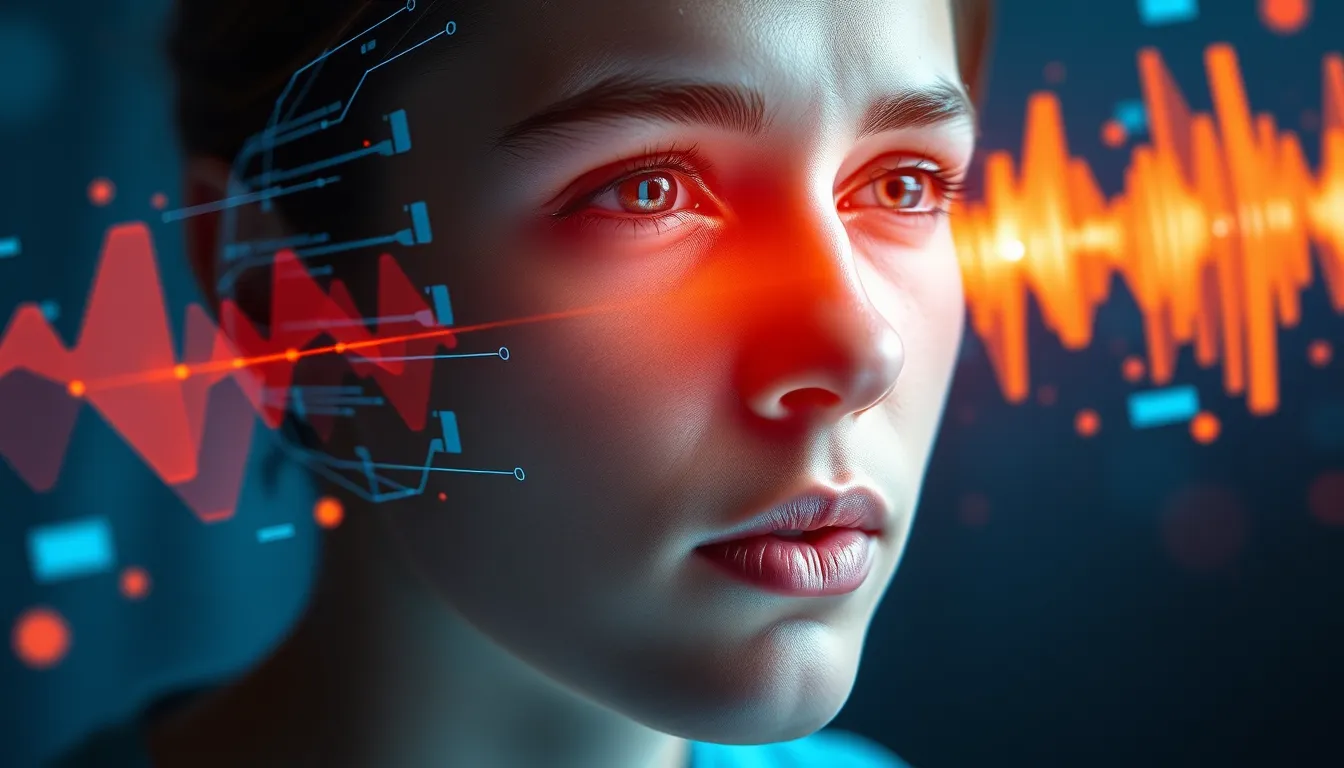Now Reading: Revolutionizing AI Healthcare Diagnostics: Advancing Patient Outcomes
-
01
Revolutionizing AI Healthcare Diagnostics: Advancing Patient Outcomes
Revolutionizing AI Healthcare Diagnostics: Advancing Patient Outcomes

Revolutionizing AI Healthcare Diagnostics: Advancing Patient Outcomes
The healthcare industry is experiencing a groundbreaking transformation with the integration of advanced technologies. Among these, AI in healthcare diagnostics plays a pivotal role in enhancing patient care, improving diagnostic accuracy, and streamlining medical processes. In this article, we explore how this innovative technology is reshaping the way healthcare professionals conduct diagnoses and predict diseases.
The Impact of AI in Healthcare Diagnostics
AI in healthcare diagnostics is not just a buzzword; it is a vital tool that is redefining medical imaging and disease prediction. By leveraging powerful algorithms and vast data sets, healthcare providers can now make quicker and more accurate decisions. This technology minimizes human error and accelerates the diagnostic process, leading to earlier intervention and better outcomes. Some of the core benefits include:
- Improved Diagnostic Accuracy
- Enhanced Speed in Disease Detection
- Streamlined Medical Imaging Analysis
- Reduced Healthcare Costs
How AI Improves Diagnostic Accuracy
One of the key areas where AI in healthcare diagnostics shows immense promise is in improving diagnostic accuracy. Using deep learning and machine learning techniques, AI algorithms are trained to detect subtle patterns that may be overlooked by human eyes. This is especially critical in complex imaging scenarios. For example, in radiology, AI assists in interpreting X-rays, CT scans, and MRIs by highlighting areas that require further investigation. This collaboration between technology and human expertise results in fewer misdiagnoses and improved patient outcomes.
Advancements in AI Medical Imaging
Medical imaging is at the forefront of the technological revolution in healthcare. The evolution of AI medical imaging is enabling clinicians to decipher imaging data faster and more efficiently than ever before. With high-resolution images and real-time analysis, healthcare providers can identify potential issues at early stages.
- Automated Image Segmentation – AI divides images into segments, making it easier to spot abnormalities.
- Real-Time Analysis – Immediate feedback on image quality and anomalies supports quicker decision-making.
- Integration with Electronic Health Records (EHR) – Seamless integration helps in keeping patient data updated and accessible.
AI Disease Prediction and Preventative Care
Another significant contribution of AI in healthcare diagnostics is its role in predicting diseases before they fully develop. By processing medical history alongside current data trends, AI algorithms can forecast disease progression. This predictive capability is invaluable in preventive care, allowing for timely interventions that could potentially save lives.
For instance, AI systems have been successful in predicting conditions like diabetes, cardiovascular ailments, and even certain forms of cancer. These predictions allow clinicians to recommend lifestyle changes, advanced monitoring, or early treatments, which can dramatically improve long-term health outcomes.
Implementing AI Technology in Healthcare Systems
The integration of AI into existing healthcare systems comes with its own set of challenges and opportunities. Healthcare institutions must invest in reliable IT infrastructure, data security, and continuous staff training. Regulatory guidelines also play a crucial role in ensuring patient safety and data integrity. However, the rewards of a well-implemented AI system are significant.
To maximize the benefits, healthcare providers often collaborate with technology experts and participate in pilot programs. Organizations such as the World Health Organization (WHO) and the Centers for Disease Control and Prevention (CDC) are also involved in creating guidelines to safely implement these innovations.
Real World Applications and Success Stories
Several hospitals and research centers have already incorporated AI in healthcare diagnostics with notable success. For example, a recent study demonstrated how machine learning algorithms improved the detection rates of early-stage lung cancer by over 20%. Additionally, partnerships between hospitals and tech companies have paved the way for further innovation in this burgeoning field. For more information on reliable studies and guidelines, consider visiting the official website of the World Health Organization at https://www.who.int.
Challenges and the Future of AI in Healthcare Diagnostics
Despite its many benefits, the widespread adoption of AI in healthcare diagnostics is not without challenges. Data privacy concerns, integration with legacy systems, and the need for continuous algorithm training are significant hurdles. Addressing these issues requires strong collaboration between technology providers, healthcare professionals, and policymakers.
Looking to the future, emerging trends suggest that AI will become even more integral in predictive analytics and personalized treatment plans. Continuous improvements in technology and data management will pave the way for more comprehensive and accessible healthcare solutions.
Conclusion
In conclusion, AI in healthcare diagnostics is revolutionizing the healthcare sector by enhancing diagnostic accuracy and enabling early disease prediction. As technology continues to improve, it is crucial for healthcare providers to embrace these advancements while addressing the accompanying challenges. With better data integration, regulatory compliance, and collaboration across sectors, the future of patient care looks promising.
By investing in robust AI technologies and continuously refining these tools, the healthcare industry is poised to deliver more precise, efficient, and patient-centered services. The journey toward integrating advanced AI solutions is a testament to the power of innovation in transforming lives and ensuring better care for all.

























